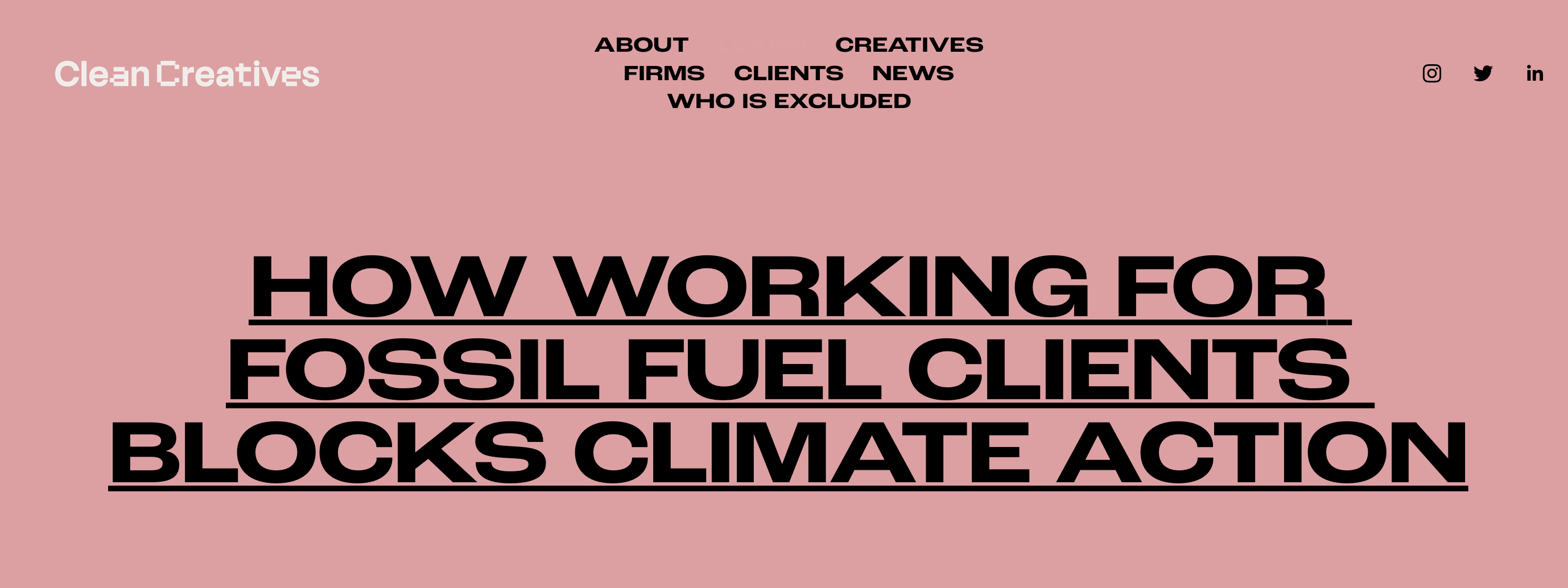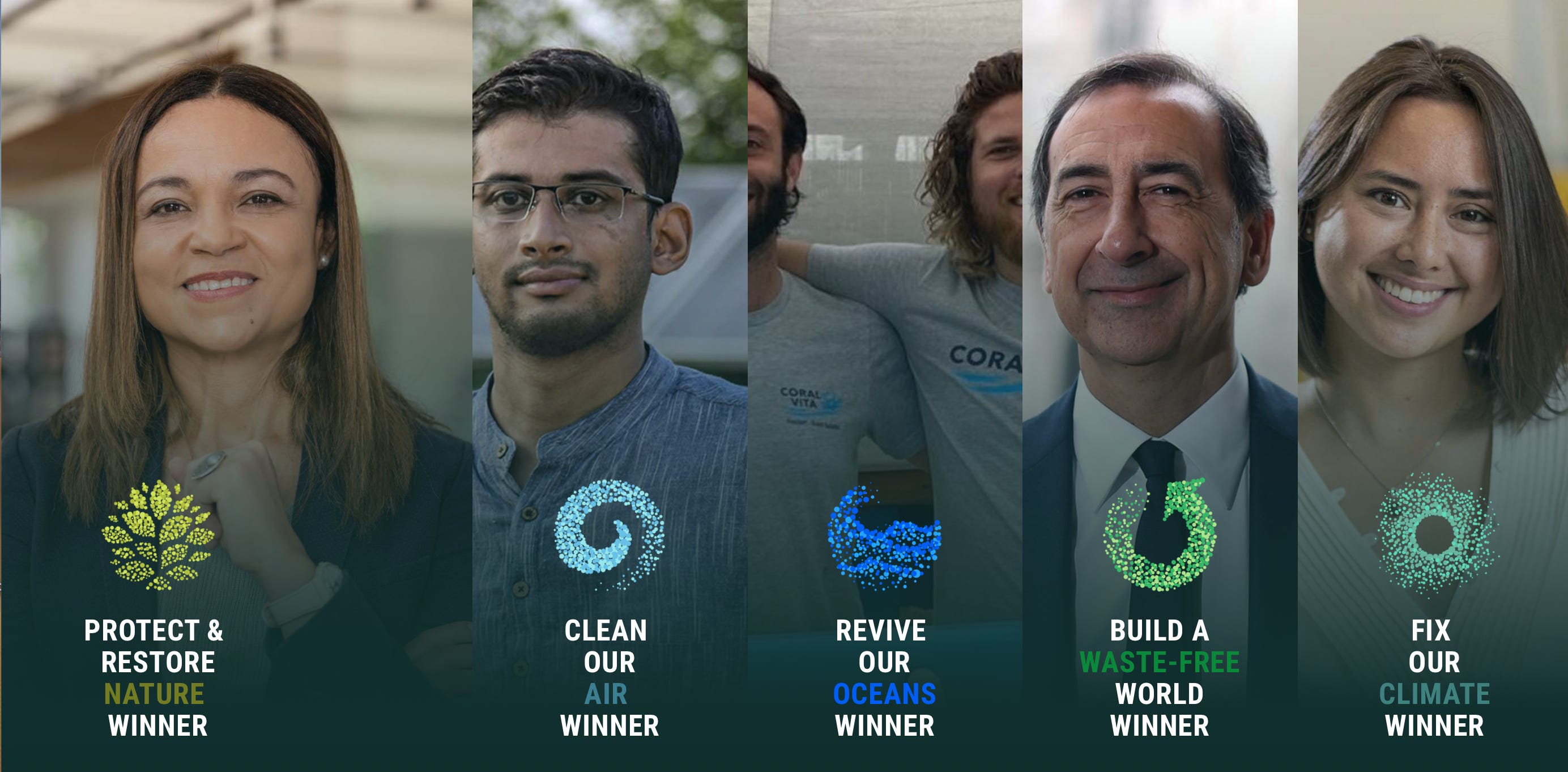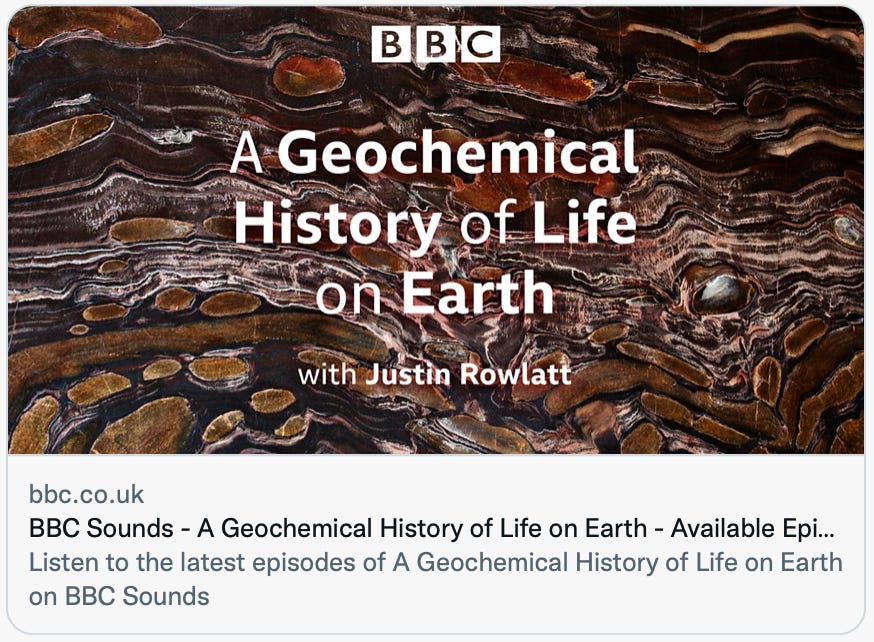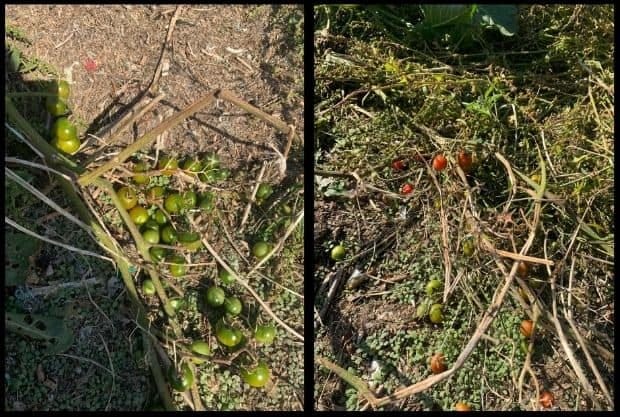
Carbon Footprint or Climate Shadow? “The problem with the carbon footprint is that…our footprints don’t paint an accurate picture of our true individual impact on the climate crisis. And by encouraging eco-minded people to use their carbon footprints as a ‘guide’ to fight climate change, we risk them spending all of their energy on low-impact individual actions that are easy to quantify, like recycling or turning off lights, instead of putting that energy toward broader, more meaningful work, like lobbying local politicians or speaking up at work about wasteful practices.” Emma Pattee for US online publication Mic argues that it’s our Climate Shadow rather than our carbon footprint that is a more genuine measure of our impact on the planet. “Think of your climate shadow as a dark shape stretching out behind you. Everywhere you go, it goes too, tallying not just your air conditioning use and the gas mileage of your car, but also how you vote, how many children you choose to have, where you work, how you invest your money, how much you talk about climate change, and whether your words amplify urgency, apathy, or denial.” Read the piece here

Mic’s piece is particularly relevant in the context of recent attempts by the ad industry to reduce the footprint of its productions: but those reductions may be dwarfed by the impact of its work for polluting clients. Campaign group Clean Creatives’ F-list names “90 Ad and PR Companies Working for the Fossil Fuel Industry”. “Major advertising and PR holding companies have announced sustainability policies aimed at reducing the carbon impact of their offices, travel, and production. Disclosed pledges from across the industry so far amount to reductions of less than 7 megatons of carbon per year - an amount that equals approximately one month of the carbon impact of a single fossil fuel client, Exxon, under their current business plans. Sustainability pledges by holding companies will fall short in addressing climate change and questions of employee engagement as long as they do not clearly rule out working with the most polluting clients,” the group says. See the full report here

The winners of the inaugural Earthshot Prize were announced in London last night. Prince William launched the Earthshot Prize through his charity, the Royal Foundation, last year with plans to name winners in five categories every year until 2030, each of whom receives £1m to develop their idea. The government of Costa Rica won in the Protect & Restore Nature category for its programme to tackle deforestation by paying citizens to protect forests, plant trees, and restore ecosystems. Indian company Takachar won the Clean Our Air category with a device which attaches to tractors in remote farms and converts crop residues into sellable bio-products like fuel and fertilizer. In this way, Takachar hopes to reduce the amount of waste that is burned in farmers’ fields and thus improve air quality. The Revive Our Oceans Winner was Coral Vita from the Bahamas, a scheme to regenerate coral reefs, while the City of Milan won the Build A Waste-Free World category for its Food Waste Hubs programme which recovers food from supermarkets and company canteens and gives it to NGOs who distribute it to the neediest citizens. Finally, The Fix Our Climate winner was the AEM Electrolyser technology which turns renewable electricity into emission-free hydrogen gas. Full details of all the winners here

While we are currently “conducting a giant chemistry experiment with Earth’s atmosphere and oceans”, this BBC radio series, A Geochemical History of Life on Earth, provides fascinating background on the story of how our planet was made. Available on the BBC Sounds app

Undigested tomato seeds washed into the English Channel in Kent as raw sewage have germinated into hundreds of tomato plants growing on Pegwell Bay near Ramsgate. According to the Isle of Thanet News, “The bumper crop was spotted by designer Deva Corriveau [whose photo is shown above]…He said: ‘I was walking down at the beach by the old hovercraft pad in Pegwell, and noticed literally hundreds of tomatoes growing right on the waterfront…Tomato seeds apparently are not broken down in the human digestive tract, so when Southern Water releases the sewerage overflows into the sea and onto the beach, these seeds are scattered onto the beaches where they happily take root.”’ Story here (if you have the stomach for it)

